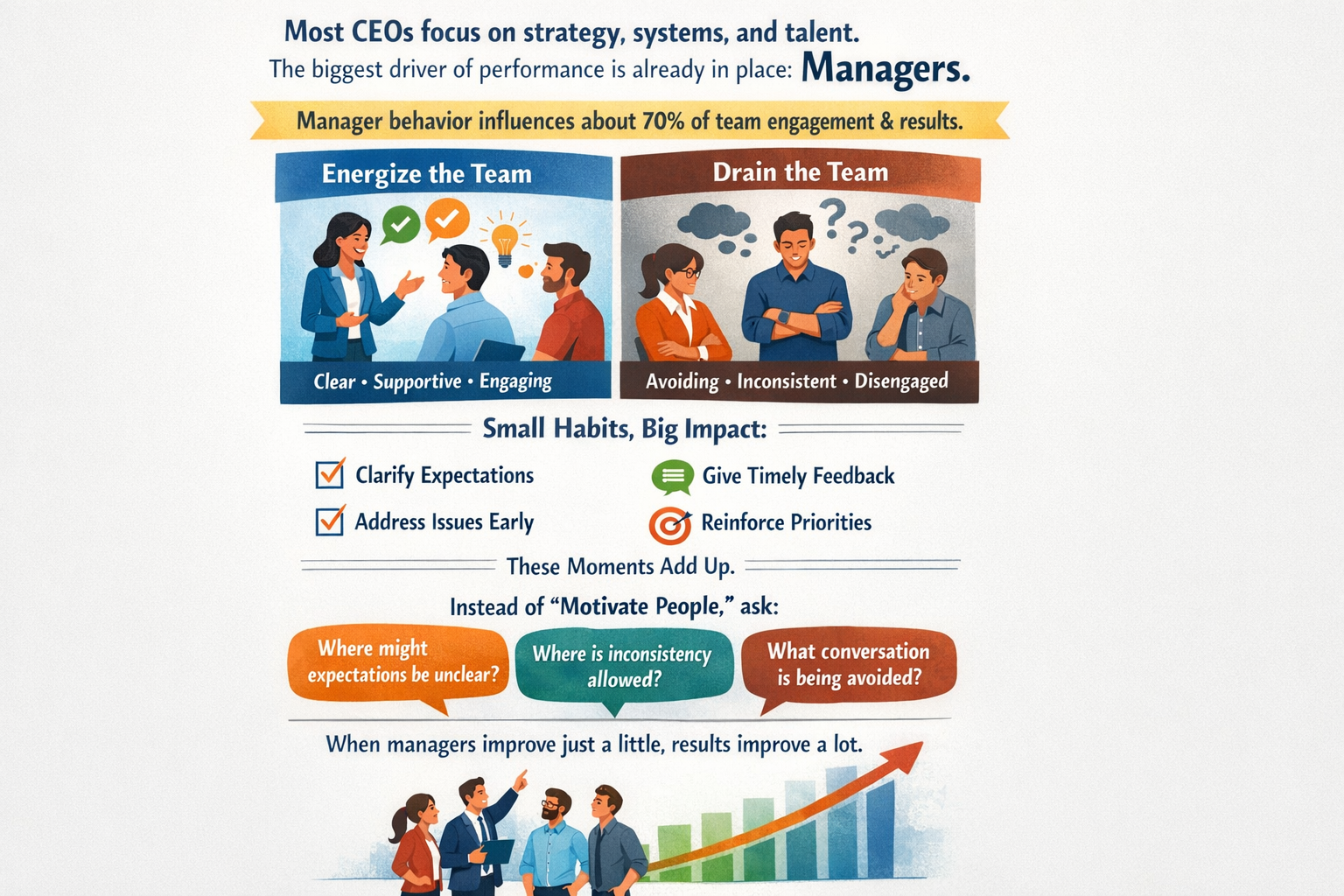How Workplace Recognition Impacts Performance & Wellbeing

The recognition employees receive at work has a significant impact on their wellbeing – how well they feel their lives are going.
However, most employees do not feel adequately recognized at work for their performance, their efforts, or for being a valuable person. For people to have good mental health and be strong workplace performers, organizations need to place more importance on employee recognition and managers need to express appreciation more often and effectively.
Recent Gallup/Workhuman research indicates that 76% of those who feel they receive great recognition at work are high performers, 72% of them indicate they are thriving in life, and 37% of them are job searching.
63% of those who feel they receive inconsistent recognition at work are high performers, 58% or thriving in life, and nearly half of them (47%) are job searching.
However, only 33% of those who feel they receive poor recognition at work are high performers, only 39% are thriving in life, and 67% are job searching.
Many managers believe that recognition should only be given to employee who are achieving 100% of workplace expectations. However, individuals won’t become high performers if they aren’t acknowledged for the things they are doing right and supported to become better in their weak areas. Even poor performers overall should receive praise for the things they are doing right at work. They should receive friendly hellos in the morning. Those with good attendance can be acknowledged for being reliable. In the rare instances where an employee is not doing anything right, why are they still on the payroll?
Being recognized (noticed, appreciated, praised) enhances employees’ quality of life and workplace performance. Managers have a responsibility to regularly recognize their employees as valued human beings who are essential for organizational success.
Which day this week will you individually praise each one of your employees for one of their recent workplace successes?


